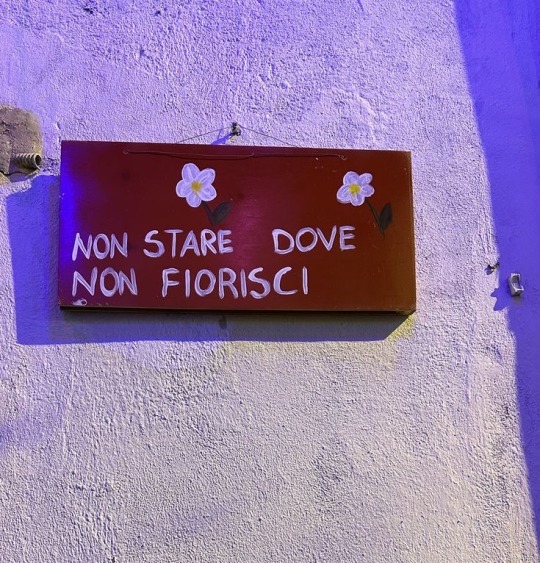#le quotes
Explore tagged Tumblr posts
Text

Mary Oliver, from "On Meditating, Sort Of", Blue Horses
9 notes
·
View notes
Text

— Ursula K. Le Guin, from “A Rant About ‘Technology’”
59K notes
·
View notes
Text
noo don’t cry about july ending and the time passing, just remember the july poem :)
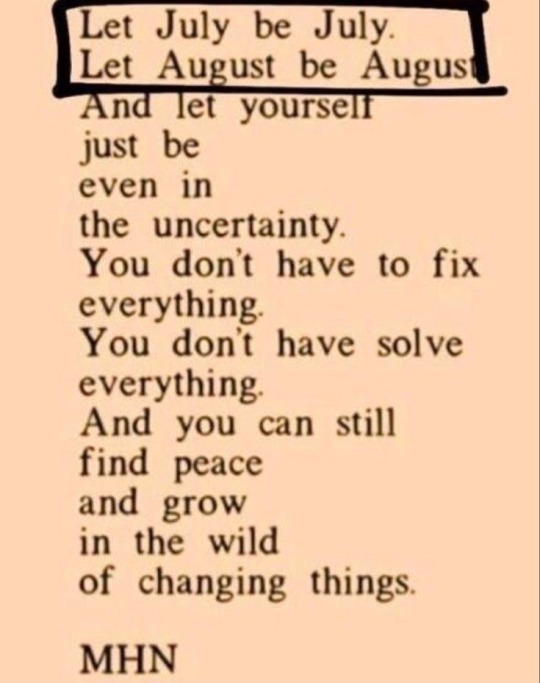
#end of the month melancholy is so real#the feeling that i’ve gone another month without achieving anything or bettering myself just punches me in the gut every time#but its going to be okay#i think#not les mis#poems and quotes#morgan harper nichols
17K notes
·
View notes
Text
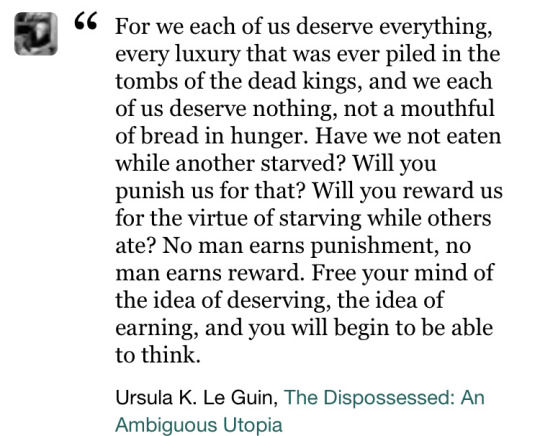
It’s an Ursula k le Guin free your mind from the idea of deserving kind of day
34K notes
·
View notes
Text
"For we each of us deserve everything, every luxury that was ever piled in the tombs of the dead kings, and we each of us deserve nothing, not a mouthful of bread in hunger. Have we not eaten while another starved? Will you punish us for that? Will you reward us for the virtue of starving while others ate? No man earns punishment, no man earns reward. Free your mind of the idea of deserving, the idea of earning, and you will begin to be able to think."
-Ursula K. Le Guin's The Dispossesed
6K notes
·
View notes
Text
"The idea of reforming Omelas is a pleasant idea, to be sure, but it is one that Le Guin herself specifically tells us is not an option. No reform of Omelas is possible — at least, not without destroying Omelas itself:
If the child were brought up into the sunlight out of that vile place, if it were cleaned and fed and comforted, that would be a good thing, indeed; but if it were done, in that day and hour all the prosperity and beauty and delight of Omelas would wither and be destroyed. Those are the terms.
'Those are the terms', indeed. Le Guin’s original story is careful to cast the underlying evil of Omelas as un-addressable — not, as some have suggested, to 'cheat' or create a false dilemma, but as an intentionally insurmountable challenge to the reader. The premise of Omelas feels unfair because it is meant to be unfair. Instead of racing to find a clever solution ('Free the child! Replace it with a robot! Have everyone suffer a little bit instead of one person all at once!'), the reader is forced to consider how they might cope with moral injustice that is so foundational to their very way of life that it cannot be undone. Confronted with the choice to give up your entire way of life or allow someone else to suffer, what do you do? Do you stay and enjoy the fruits of their pain? Or do you reject this devil’s compromise at your own expense, even knowing that it may not even help? And through implication, we are then forced to consider whether we are — at this very moment! — already in exactly this situation. At what cost does our happiness come? And, even more significantly, at whose expense? And what, in fact, can be done? Can anything?
This is the essential and agonizing question that Le Guin poses, and we avoid it at our peril. It’s easy, but thoroughly besides the point, to say — as the narrator of 'The Ones Who Don’t Walk Away' does — that you would simply keep the nice things about Omelas, and work to address the bad. You might as well say that you would solve the trolley problem by putting rockets on the trolley and having it jump over the people tied to the tracks. Le Guin’s challenge is one that can only be resolved by introspection, because the challenge is one levied against the discomforting awareness of our own complicity; to 'reject the premise' is to reject this (all too real) discomfort in favor of empty wish fulfillment. A happy fairytale about the nobility of our imagined efforts against a hypothetical evil profits no one but ourselves (and I would argue that in the long run it robs us as well).
But in addition to being morally evasive, treating Omelas as a puzzle to be solved (or as a piece of straightforward didactic moralism) also flattens the depth of the original story. We are not really meant to understand Le Guin’s 'walking away' as a literal abandonment of a problem, nor as a self-satisfied 'Sounds bad, but I’m outta here', the way Vivier’s response piece or others of its ilk do; rather, it is framed as a rejection of complacency. This is why those who leave are shown not as triumphant heroes, but as harried and desperate fools; hopeless, troubled souls setting forth on a journey that may well be doomed from the start — because isn’t that the fate of most people who set out to fight the injustices they see, and that they cannot help but see once they have been made aware of it? The story is a metaphor, not a math problem, and 'walking away' might just as easily encompass any form of sincere and fully committed struggle against injustice: a lonely, often thankless journey, yet one which is no less essential for its difficulty."
- Kurt Schiller, from "Omelas, Je T'aime." Blood Knife, 8 July 2022.
#kurt schiller#ursula k. le guin#quote#quotations#the ones who walk away from omelas#trolley problem#activism#introspection#discomfort#reform#revolution#suffering#ethics#morality
10K notes
·
View notes
Text

hello enjoltaire nation, today I give you another offering
#les mis#enjolras#grantaire#enjoltaire#exr#one of my favourite quotes tbh#this and bishop myriel's blind quote?? exquisite. give me more#haterart
1K notes
·
View notes
Text
I think to topple the devine rights of kings billionaires, we need to dispel the myth that they have that money because they are smart and worked hard and make good decisions
I think the zip ties on the submarine and the limited views on the advertising platform might begin to show them for what they are
They are not smarter than you. They are not better than you. And if you suddenly magically got all that money people would stop saying 'no' to you too. and that is not a good thing
#oceangate#Twitter#Billionaires#Ursula le guin was right#Ah lads#I googled her for the quote#And just realised she died#Aaah now im sad
13K notes
·
View notes
Text





#bbc merlin#the adventures of merlin#merlin#arthur pendragon#merlin memes#merlin incorrect quotes#merlin emrys#gwen pendragon#guinevere pendragon#Gwaine#sir gwaine#lancelot#sir lancelot#Gaius#sir leon#sir leon the long suffering#morgana pendragon#morgana le fay#mordred#Merlin will#uther pendragon#kilgharrah#Morgause#merthur#merlin bbc
1K notes
·
View notes
Text

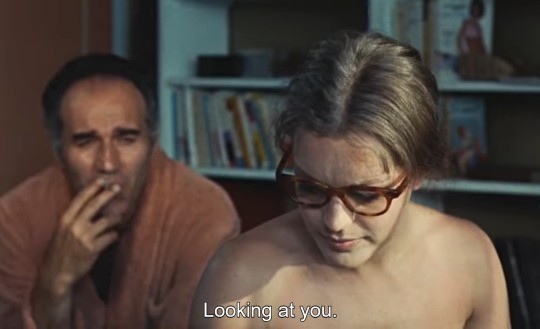

Les Choses de la vie (1970). dir. Claude Sautet
#les choses de la vie#the things of life#claude sautet#film#romy schneider#michel piccoli#1970s#french cinema#movie quotes
467 notes
·
View notes
Text

Alice Walker, from "The Future Captured in a Heartless Fist", Taking the Arrow Out of the Heart
*in addition to this post quoting James Baldwin*
#le quotes#le mine#alice walker#this whole poem is great but trying to squeeze it in a post was not looking good lmao#reminded me of a post i rbd which ive linked in this post#taking the arrow out of the heart#if theres a better way to word this post pls lmk btw i was struggling xD
5 notes
·
View notes
Text

Richard Le Gallienne, “The Heart Unseen”
2K notes
·
View notes
Text
Arthur: I need anyone that lied or betrayed me to tell me right now
Gwaine: I lied about not being a noble
Arthur:good start but more important things please
Merlin: I lied about having magic
Agravaine: I sold you out to Morgana
Gwen: I lied about no longer having feelings for Lancelot
Gaius: I lied for and harbored Merlin
Uther: I lied about your mother's death
Morgana: don't look at me we all know what I did
Arthur: wow so everyone has lied to me at some point IS THERE ANYONE THAT DIDN'T LIE TO ME
Morgause: surprisingly me
Arthur:....... WHAT THE FU___
#agravaine#gaius#bbc merlin#merlin#gwen#lancelot#gwaine#sir gwaine#bbc uther#uther pendragon#bbc gaius#morgana#morgana pendragon#morgana le fay#morgause#i find the fact that morgause is basically the only one on the show that never lied to Arthur insanely funny#king arthur#prince arthur#arthur and merlin#arthur pendragon#bbc arthur#arthur#incorrect merlin quotes#incorrect merthur quotes#merlin emrys#merlin bbc#bbc merthur#merlin and arthur#merthur#the adventures of merlin
854 notes
·
View notes
Text








I've Heard the Mermaids Singing (Patricia Rozema, 1987)
#I've Heard the Mermaids Singing#Patricia Rozema#1987#Paule Baillargeon#Sheila McCarthy#quote#children#psychology#freedom#lgtb#lgtbi#lgtbiq#black and white#Freud#heart#Le chant des sirènes#Le chant des sirenes
427 notes
·
View notes
Text
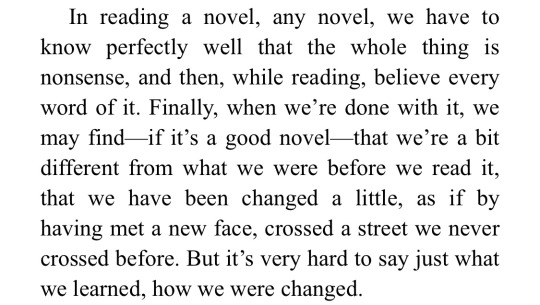
Ursula K. Le Guin, “Author’s Note” from The Left Hand of Darkness
5K notes
·
View notes
